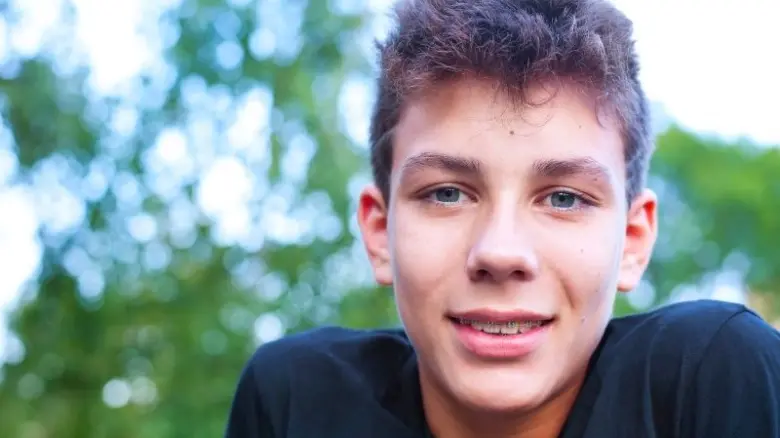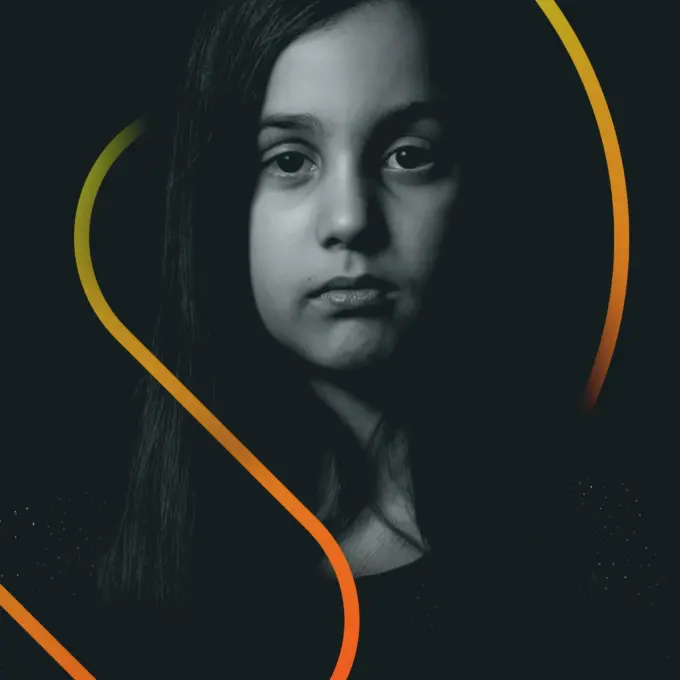
Improving wellbeing through expertise and advocacy
Exposure to violence and exploitation, as well as living with other pressures such as lack of access to stable housing and opportunities, undoubtedly has an impact on the emotional wellbeing of young Londoners.
When thinking about Maslow’s hierarchy of needs, if a young Londoner’s basic needs are not met, they may try and find this elsewhere. That’s when we see children and young people being groomed, exploited, and being drawn into cycles of violence. Seeking to fill those needs in other areas, only comprises emotional wellbeing further. Being trafficked across the country or ending up in a trap house massively impacts on children and young people’s safety needs, so where they feel the need is being met – it’s actually getting worst and has a further knock-on effect on their mental health and wellbeing.
Research shows that children and young people who are exposed to violence and trauma can develop long term mental health conditions, such as PTSD. This in turn leads to higher rates of self-harm and suicidal ideation, as well as functional impairment. This is in direct comparison to young people who did not experience PTSD.
So, it’s no wonder that emotional wellbeing needs are almost always prevalent in every referral we get through our Front Door team. With 52 young Londoners last year, accessing support one to one from our specialist Emotional Wellbeing Case Workers.
The main purpose our role is to support young Londoners who are either struggling with their mental health, or who have a mental health diagnosis. Particularly where violence or exploitation has had a significant impact or direct cause on a mental health diagnosis.
We find many young Londoners who present emotional wellbeing needs have a gap in their knowledge of what support is available. We also see young Londoners who have tried to access the support, but like many others they have to wait. In our experience often that gap in service access can be long. Before they even receive further support, they may have already reached a crisis point in managing their emotional wellbeing, or they may have got to a point where they no longer want the support.
Our team of specialist Emotional Wellbeing Case Workers aim to bridge those gaps, working alongside young Londoners – and our wider team – so they can get the help they need, when they need it.
As Emotional Wellbeing Case Workers we have skills and knowledge grounded in the experience of working within the mental health sector. So, we have an awareness of mental health diagnoses and conditions, as well as the impact they can have on a young Londoner’s life.
It’s important to understand that the specialist Emotional Wellbeing Case Workers are not therapists. They can’t offer the same level of support that CAMHS or other mental health services provide. They are advocates. They can support young Londoners to get the access they need, by raising awareness of what support is available.
Sometimes young Londoners just need some stability in their life. Whether that is a job or a home. Addressing these issues can help resolve negative emotional wellbeing. Sometimes they might be a more desperate need. In these cases, we can help them access immediate support in relation to a crisis. Other times we might seek out preventive steps, such as helping them access therapy or feeling more connected with the community.
My role is centered around advocacy. I make sure that young Londoners are aware of what services are available to them and help them access the support they need and require. I am there to guide them and to help young Londoners navigate the services, as well as understand their rights.

The specialist Emotional Wellbeing Case Workers hold their own caseloads, working directly one to one with young Londoners. They also share their knowledge and expertise with the wider Safer London team. They host weekly drop-in surgeries, a dedicated time for our caseworkers to ask questions and get help with their own cases. They also offer in-depth support on more complex cases, and if the emotional wellbeing need is high, they can be brought on as a secondary worker.
Safer London helped me improve my mental health, made me more confident, aware and cautious of people in the world. It all contributed to making me a better person.
This cross-organisation collaboration is what allows us to realise success in our work with young Londoners. As mentioned, there is almost always an element of emotional wellbeing need with every young Londoner that comes into our support. It’s also a two-way street. So even when emotional wellbeing is the most presenting of needs, the team will work with other Safer London specialists such as housing advocacy or substance misuse, to help resolve issues in those areas, in turn improving young Londoner’s mental health and overall safety.
The Safer London team are always working together, to ensure young Londoners are getting the support they need to help them move past their current traumas and have a happy healthy life.
Josh, Emotional Wellbeing Caseworker

Help change the lives of young Londoners, their families and communities
Show your support and make a donation
CLICK HERE